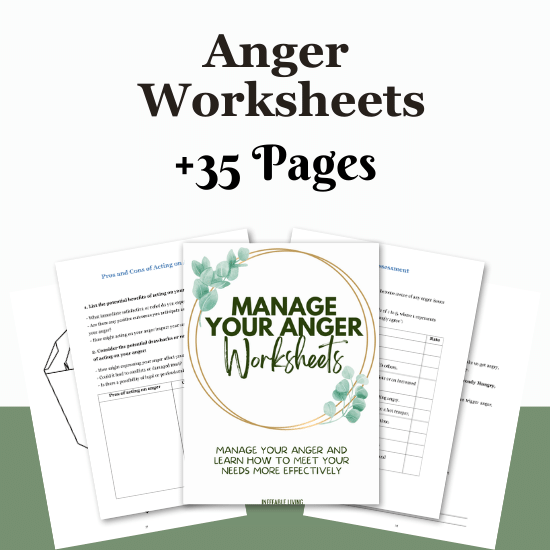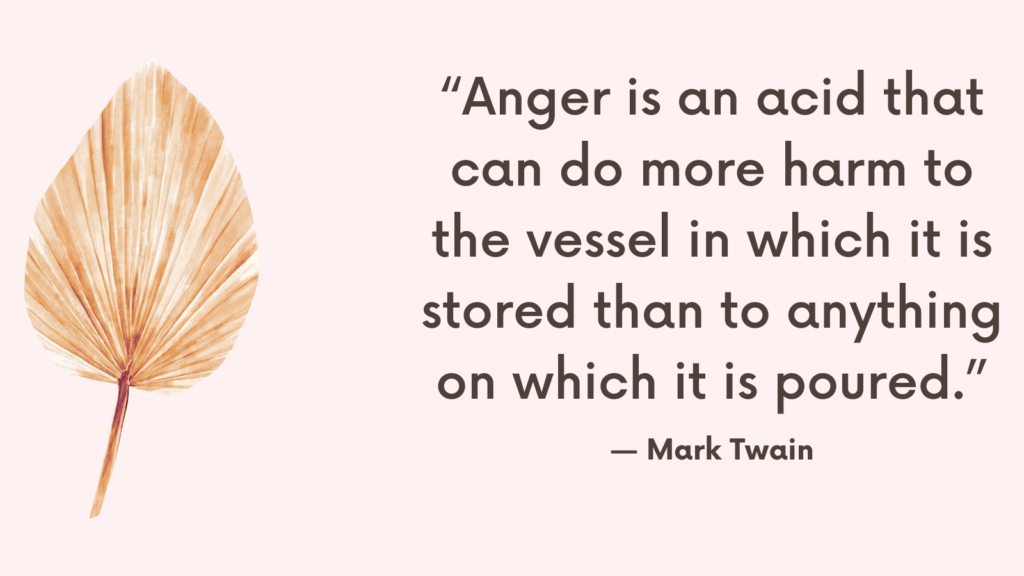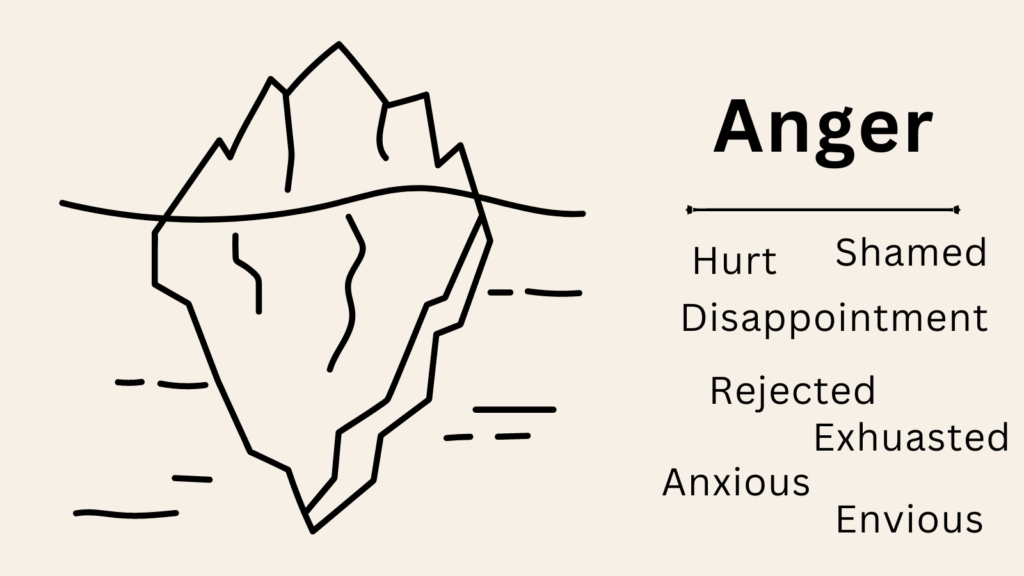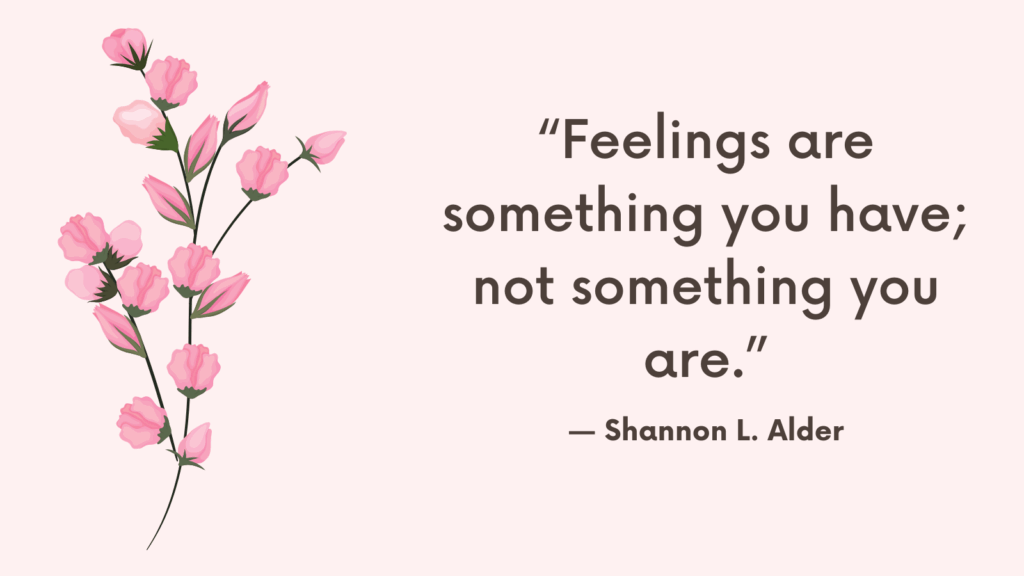Being provoked — whether by insults, manipulation, or passive-aggressive behavior — can trigger intense emotional reactions. But reacting impulsively often leads to regret, escalates the situation, or gives someone else control over your peace. Staying calm when provoked is a powerful emotional skill that protects your dignity and deepens self-control.
How to Stay Calm When You’re Being Provoked?
1. Recognize the Provocation
The first step is awareness. Notice what’s happening in real-time:
- “This person is trying to get a reaction out of me.”
- “This is a test of my control, not my worth.”
Labeling the behavior gives you distance from it and allows you to stay grounded.
2. Breathe Before You Respond
Take slow, deep breaths to calm your nervous system. Inhale for 4 seconds, hold for 4, exhale for 6. This short pause gives you control over your response rather than letting the provoker hijack your emotions.
3. Don’t Take the Bait
Provokers feed off your reaction. If you respond with anger or defensiveness, you’ve given them power. Stay neutral. Say less. Sometimes, silence or a simple “noted” is the most disarming response.
Related: Beyond Just Anger: How to Manage Intermittent Explosive Disorder?
4. Focus on Your Goal
Ask yourself:
- “What’s the outcome I want?”
- “Is proving my point more important than keeping my peace?”
Choose responses that move you toward resolution, not reactivity.
5. Use Non-Reactive Body Language
Keep your voice low and even. Relax your face, uncross your arms, and avoid aggressive gestures. Your calm posture sends a message that you are not emotionally available for drama.
6. Detach Emotionally
Remind yourself: “This is about them, not me.” When you see provocation as a reflection of their pain or immaturity — not your failure — it becomes easier to respond with indifference or compassion.
7. Have a Default Calm Response
Prepare a phrase you can use in tense moments:
- “I’m not engaging in this.”
- “Let’s revisit this when we’re both calm.”
- “I don’t accept being spoken to that way.”
Having a script helps you stay composed.
Related: Frustration Intolerance: Understanding It and Building Patience
8. Walk Away If Necessary
There’s strength in stepping back. If a situation becomes toxic or unsafe, give yourself permission to remove your presence. You’re not running — you’re choosing peace over chaos.
9. Reflect Afterward
Once the situation passes, ask yourself:
- “What triggered me?”
- “What worked well, and what can I improve?”
Reflection builds your emotional resilience for the next time.
10. Practice Regular Self-Regulation
The calmer you are in everyday life, the easier it is to stay composed when tested. Prioritize sleep, mindfulness, healthy boundaries, and stress-reduction to build a solid emotional foundation.
Related: Top 14 CBT Exercise For Anger Management (+FREE Anger Worksheets)

Conclusion
Staying calm when provoked doesn’t mean you’re weak — it means you’re wise. You don’t have to attend every argument you’re invited to. Sometimes the most powerful move is simply not reacting.



